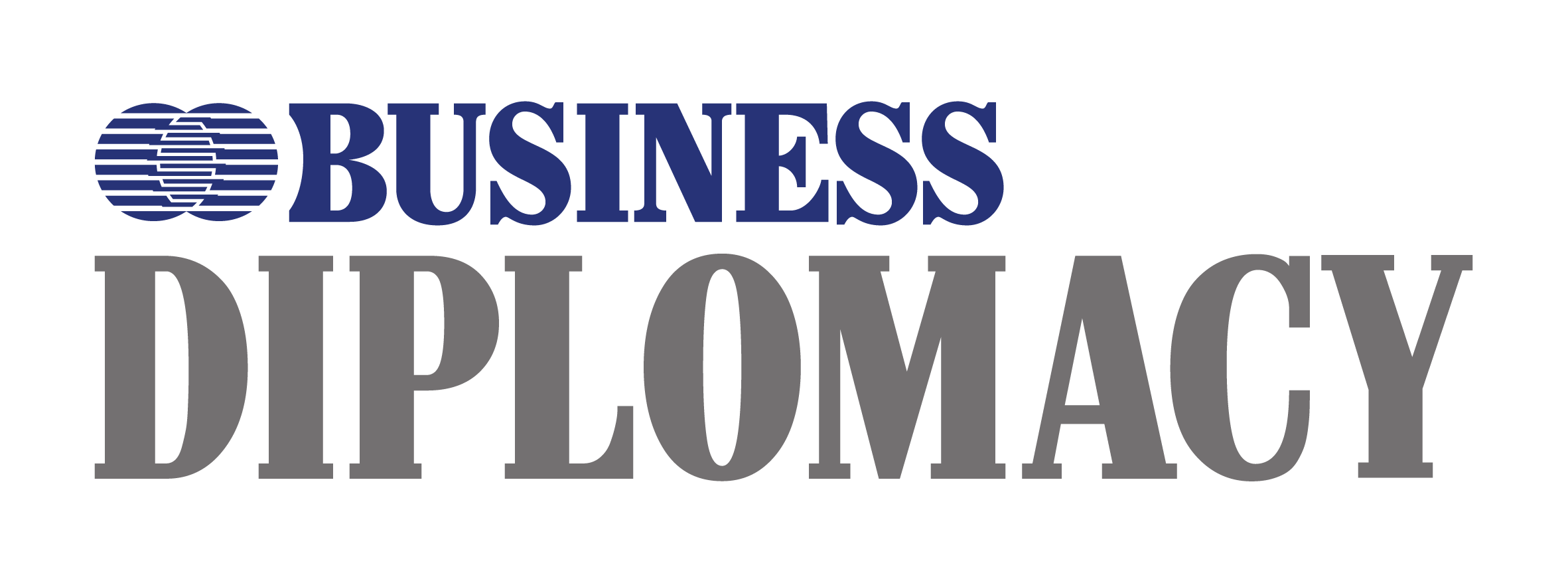Impact Investing And Opportunities For Türkiye
Impact investing is a model aiming to create a positive and measurable environmental or social impact alongside investors’ financial investment returns. Having entered the global market with a volume of $15.2 billion in 2015, impact investments reached a capacity of $2.3 billion as of June 2021.
As an investment model, impact investing needs the existence of three core characteristics. Unlike the classical investment model, it includes the intention to offer solutions and add value to social or environmental issues, apart from the effort to make a profit and manage risks. Impact investing places measurable and positive impact at the centre of investment and business processes. The key to impact investing is to go beyond the goal of reducing the negative impact and to create a measurable positive impact. The second characteristic is that the investment that will be the subject of impact investing has an investment theme and strategy in line with the SDGs. The third characteristic of impact investing is the measurement and management of the social and environmental impact of the impact investment from the very beginning to the end of the investment period. Impact measurement and management refers to the investor measuring the social and environmental, negative and positive impact of his/her investment and business processes through international and verifiable standards and accordingly managing the impact. Impact measurement and management avoids the problem of “impact washing”, one of the biggest risks of the sustainable finance process, while at the same time, allowing the investor to make his/her strategies more efficient and sustainable in the long run and to optimize resource management.
Having started to be discussed around the world in the early 2000s, the impact investing model has become a significant instrument in terms of ensuring an equitable and inclusive level of sustainable development in the world, considering the global crises such as climate change and Covid-19 coming to the fore. In Türkiye, the impact investing model was mentioned for the first time in 2019 under the joint initiatives of the Ministry of Foreign Affairs of the Republic of Türkiye and the United Nations Development Program (UNDP), and finally, the framework of this model was formed by means of the report titled “Impact Investing Ecosystem in Türkiye” of UNDP dated November 2019 and the report titled “Türkiye SDG Investor Map” dated March 2021. While the first report determined the priority areas for Türkiye to realize its sustainable development agenda, the second report listed the priority sectors for investments that are compatible with SDGs and focused on impact.
It is now known that in the solution of global problems, it is not possible to proceed with merely private sector investment or public budget, and the financial return to be obtained from an investment and what the impact of that investment will be on society and the environment is discussed. Financial systems and legal regulations around the world began to change and transform based on social and environmental impact criteria.
The Impact Investment Advisory Board (EYDK), established in April 2021, has a significant role in Türkiye’s monitoring of this paradigm shift in the world and taking the necessary steps, with its structure composed of institutions from different segments and sectors. The goals of EDYK are to advocate for the impact investing model in Türkiye , to ensure that it is understood by individuals and institutions, to develop capacity and policy, and to establish local, regional, and international partnerships on impact investing.
Looking at the global impact investment market, we see a great opportunity for Türkiye. Due to its geopolitical position, Türkiye seems to be a promising entry point to catalyze impact investing and reach the Middle East and North Africa (MENA), Eastern Europe and Developing European and Central Asian Countries, Organization of Islamic Cooperation (OIC) and Turkic Republics. While Türkiye’s young and dynamic demography provides an opportunity to create new employment areas for impact investing, the rapidly developing entrepreneurship ecosystem is another issue to be taken into account. It also necessitates the adaptation of mixed-finance methods that bring solutions to social and environmental problems at the point of reaching the targets committed by Türkiye’s Paris Agreement. This commitment and adaptation process necessitates that all investments, from means of production to infrastructure, from consumer goods to education and health, must be compatible with global objectives, and impact investing is a model that fully meets this need. In the same way, impact investing is regarded as a significant tool in terms of establishing international cooperation between stakeholders and sectors in investments, as well as providing funds within the process of harmonization with the Green Deal. On the other hand, the impact investing model is expected to create added value for the economy and lead to a catalyst effect by attracting investments from the countries under the Organization of Islamic Cooperation, with its structure that overlaps with the basic principles of Islamic finance.
Şafak Müderrisgil/President of Impact Investing Advisory Board (EYDK)

